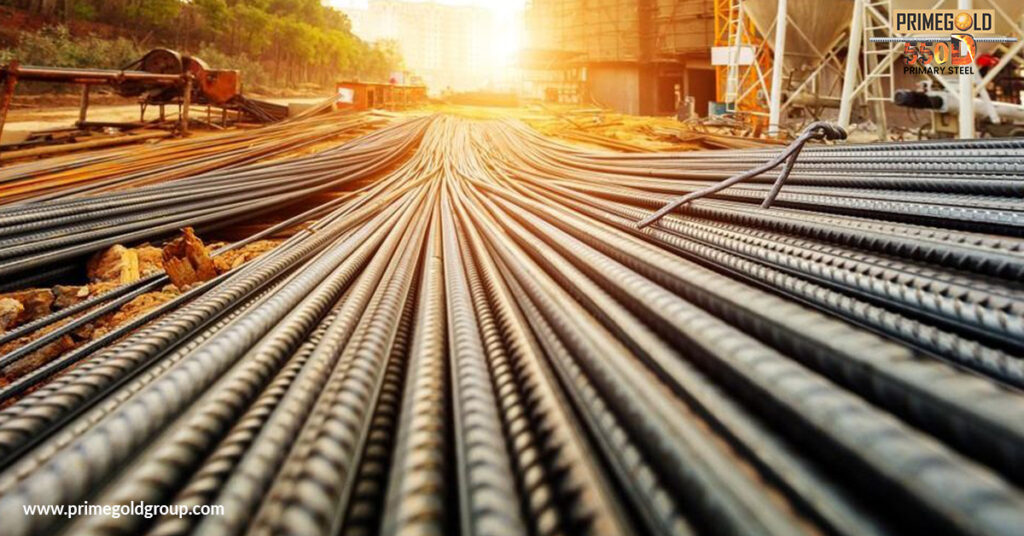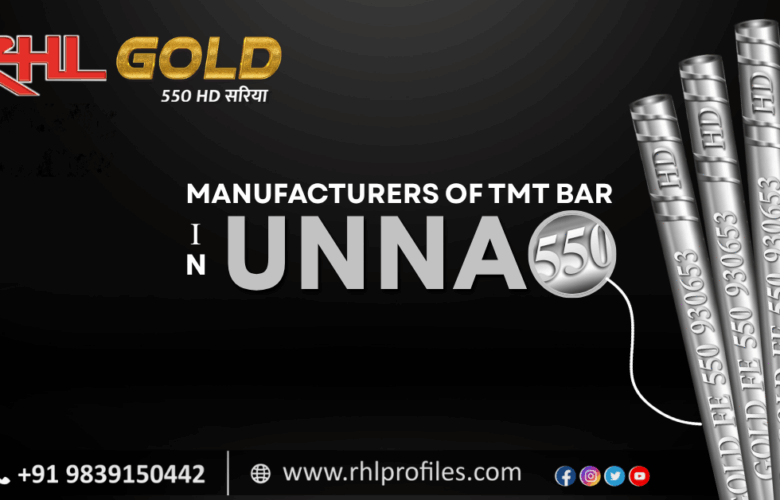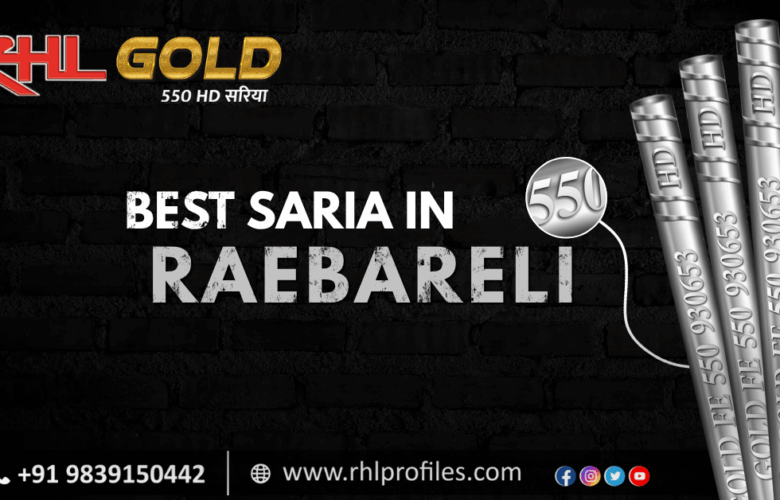(1). Strength: TMT bars have high tensile strength, which makes them suitable for use in reinforced concrete structures that need to withstand heavy loads and stress. They provide the necessary reinforcement to ensure the structural integrity and safety of the building or structure.
(2). Ductility: TMT bars have good ductility, which means they can bend and flex without breaking. This makes them suitable for use in areas that are prone to earthquakes or other natural disasters, as well as in structures that require flexibility. They can withstand the lateral forces and movements caused by an earthquake without breaking or collapsing, which ensures the safety and longevity of the structure.
(3). Corrosion resistance: TMT bars have good corrosion resistance, which makes them suitable for use in structures that are located in areas with high levels of moisture or pollution. They are less likely to rust or corrode, which ensures the longevity of the structure and reduces the need for maintenance or repairs.
(4). Durability: TMT bars are more durable and long-lasting than other types of steel bars, which makes them suitable for use in structures that need to withstand harsh weather conditions and heavy use. They have a longer service life, which means they will not need to be replaced as frequently, which reduces the maintenance costs over the long term.
(5). Weldability: TMT bars have good weldability, which means they can be easily joined together using welding techniques. This makes them suitable for use in structures that require a lot of welding, such as bridges and high-rise buildings. This also ensures the structural integrity of the building, and make it easy to repair or add new elements to the structure.






